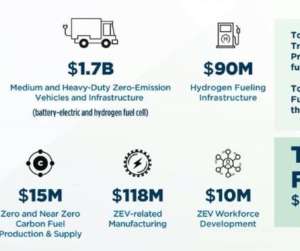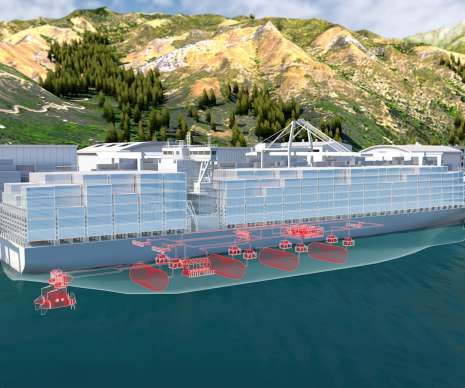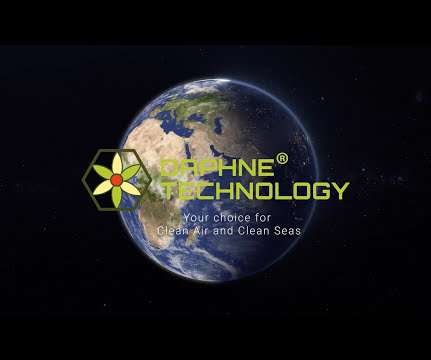Transport Canada contracts CNL to research clean energy technologies to decarbonize marine sector
Green Car Congress
NOVEMBER 4, 2020
Transport Canada has awarded a contract to Canadian Nuclear Laboratories (CNL), Canada’s premier nuclear science and technology organization, to develop an assessment tool to examine clean technologies that could reduce greenhouse gas emissions and the release of other pollutants from marine vessels.








































Let's personalize your content